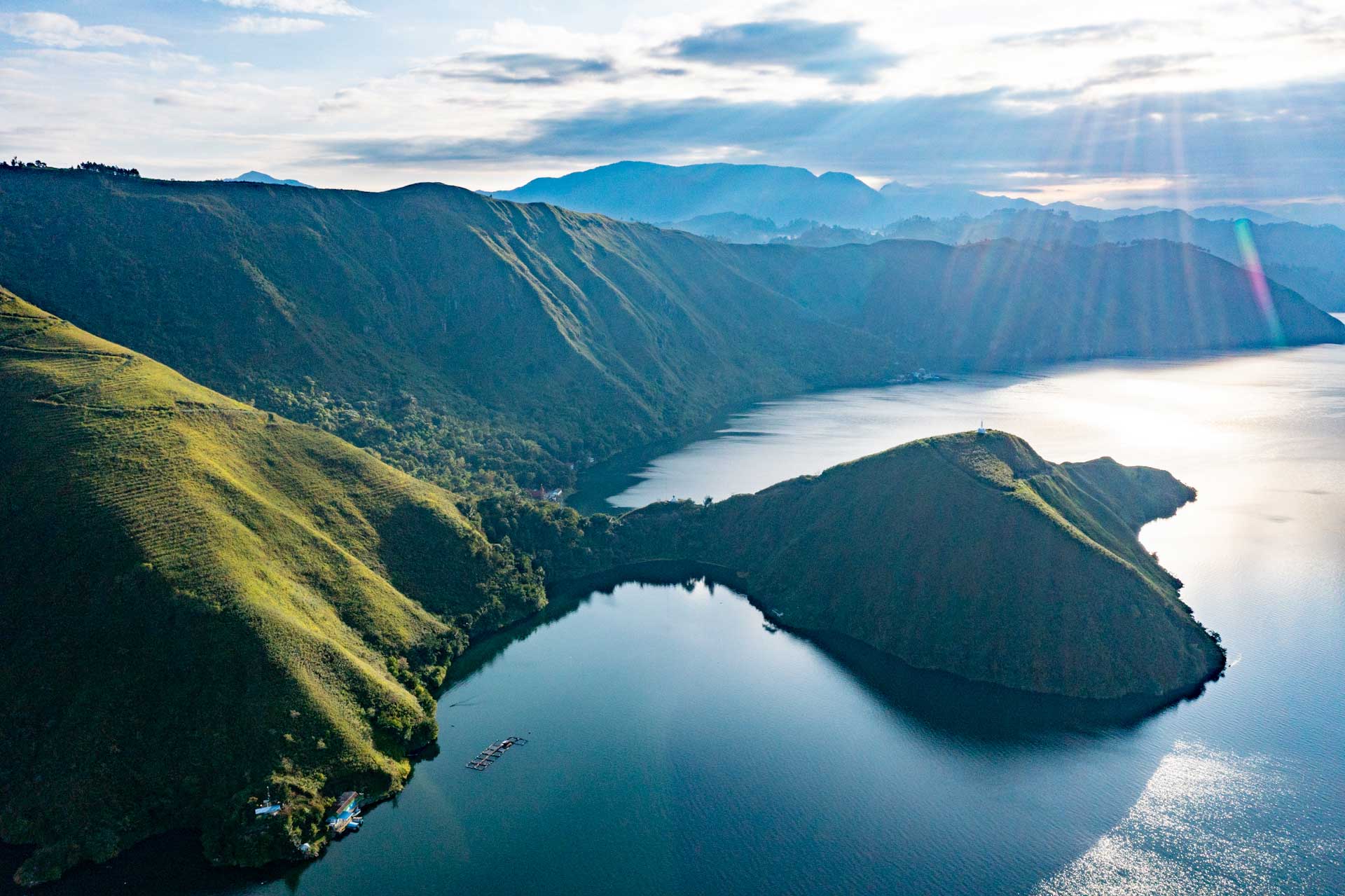Key learnings from the Blue Food Innovation Summit 2023
At Regal Springs, we love any reason to get together with our peers within the aquaculture sector. Not only is it a great excuse to network with partners and customers, but it’s also central to our driving mission: to spread responsible aquaculture practices far and wide.
We’ve been lucky enough to attend several international events already this year — including the highly anticipated Blue Food Innovation Summit.
Our team had a great time representing Regal Springs’ tilapia fish farming operations at the conference, leading in multiple sessions across the event and taking home valuable insights that’ll shape our aquaculture activities moving forward…
Making a splash at the summit
The Blue Food Innovation Summit returned to London on May 23 and 24, attracting 341 global seafood producers, feed specialists, technology providers, investors, innovators, and retailers.
The central theme on the 2023 agenda? Sustainably scaling blue food production.
According to the World Economic Forum, over three billion people rely on blue foods — from freshwater fish to shrimp, seaweed, and bivalves — for nearly 20% of their protein intake, and 10–12% of people worldwide depend on fish for their livelihood.
Highly nutritious and often with smaller environmental footprints than land-based food sources, these foods are crucial to feeding global populations. And yet, the seafood system is increasingly under stress from conflict and global warming.
That’s what the Blue Food Innovation Summit hopes to change.
The event brings together organizations and leaders from across the seafood value chain for two jam-packed days, providing a much-needed forum for businesses to discuss and support forward-thinking aquaculture solutions — from blue technology development to fish welfare programs and digital collaboration platforms.
Benjamin Weis, Regal Springs’ group sustainability manager, and Laurent Develle, our head of corporate affairs, are two of the responsible aquaculture advocates sitting on the summit’s advisory board, helping to drive the seafood sector forwards and create a fairer, bluer future for everyone.
On day one, Benjamin hosted a round-table discussion about the future of sustainable and ethical aquaculture. Laurent also stepped up to the plate, joining a panel titled “Waves of Change: Unifying the Blue Sector through Education, Collaboration, and Investment” on day two.
The second day of the summit was particularly special for us, as we also served up Regal Springs tilapia for lunch. Accompanied by a mixed pepper fricassee, herbs, and caper salsa, our delicious fish was thoroughly enjoyed by all!
Taking aquaculture insights on board
Like any industry-wide event, the Blue Food Innovation Summit offered a valuable opportunity for Regal Springs to understand the forces shaping the blue food sector and apply findings to our world-leading fish farming operations.
So, what did we learn at the Blue Food Innovation Summit 2023?
1. Wild seafood and farmed seafood aren’t in competition.
The global population is increasing, but so is the per-capita consumption of blue foods. More people can afford fish now, and many health-conscious consumers in the West are keen to embrace them.
However, wild-caught fisheries are at their maximum sustainable exploitation of the oceans for most species, so there’s no possibility for significant growth in this area.
Therefore, it’s essential to educate consumers that there are many more species of blue food than just the terrestrial ones they’re familiar with and that wild fish isn’t necessarily better quality than farmed fish.
In fact, farmed fish is often fresher due to fast processing, stunned humanely to ensure better animal welfare, and free from toxins such as mercury because they’re fed and monitored under controlled aquaculture conditions.
“We need to entice the customer to open their palate to new or unknown species, as there’s a whole culinary world to explore,” Benjamin commented. “Restaurants often provide this gateway, but COVID-19 showed that people are interested in cooking at home so long as it’s easy, convenient, and fast.”
2. Collaboration is needed to ensure sustainability.
It’s clear that global populations face the same challenges regarding climate change and food security, so we must reduce the footprint of the food we consume.
Blue foods play a pivotal role in achieving this goal. Fish are very efficient as they don’t require any energy to heat their bodies or fight gravity, meaning they need far less food to produce the same amount of protein as land animals.
However, aquaculture producers must ensure fish feed and raw materials are sourced responsibly to prevent damaging aquatic ecosystems and contributing to deforestation. Ideally, fish meal and fish oil should be sourced from by-products of the fishery sector and other farmed species. Raw materials derived from forage fish should come from well-managed, certified origins to prevent overfishing.
Championing a circular economy will be crucial to the future of responsible aquaculture. By selecting the most efficient breeds and ensuring every part of every fish is utilized within the value chain, producers can find sustainable feed alternatives and maintain healthy marine environments.
3. Aquaculture is about more than just salmon farming.
We were pleased to note that the Blue Food Innovation Summit 2023 was attended by a much more varied selection of producers than in previous years, branching out to include a range of seafood companies specializing in different species from around the world.
This shift reflects the growing demand for responsibly farmed, premium blue food products — with suppliers of all sectors and sizes coming on board to collaborate, innovate, and protect marine ecosystems.
Regal Springs was thrilled to be a part of this extraordinary event. With so many exciting developments in store, we can’t wait to return next year to see how much progress has been made!
For more information about how we farm our tilapia fish responsibly, get in touch with our sustainability team today.


